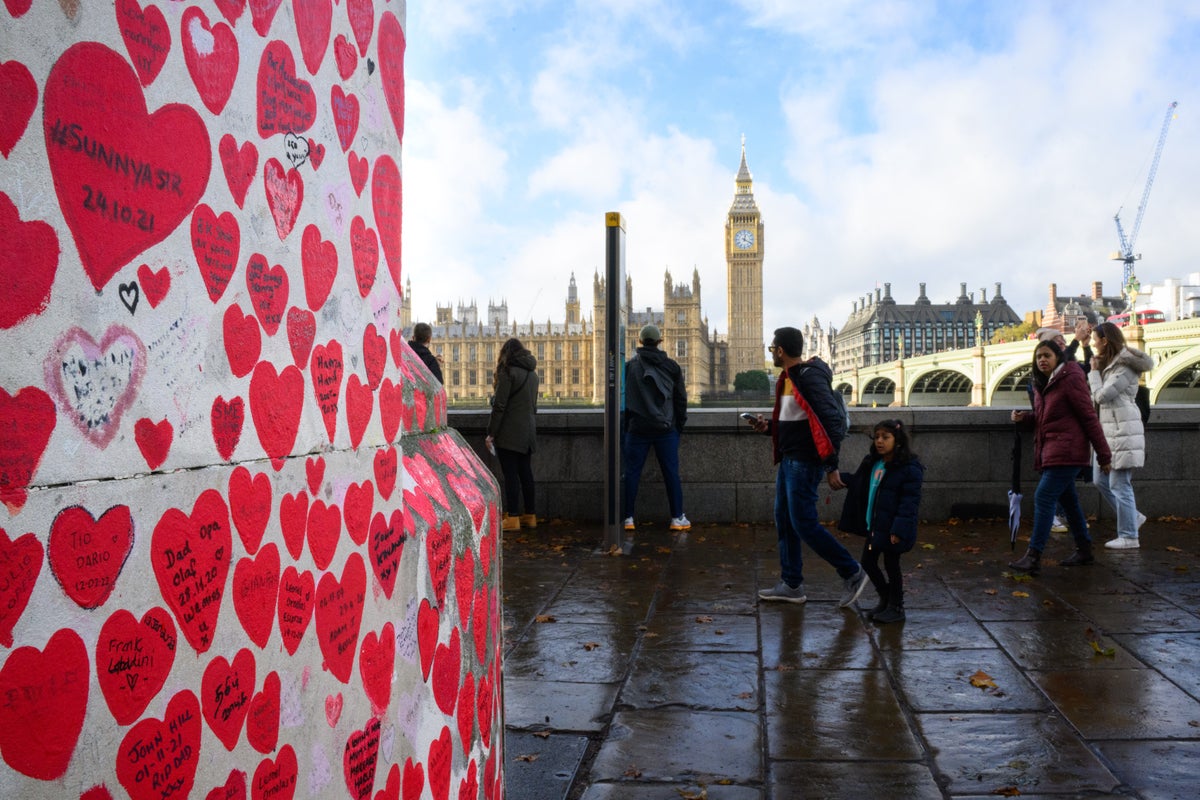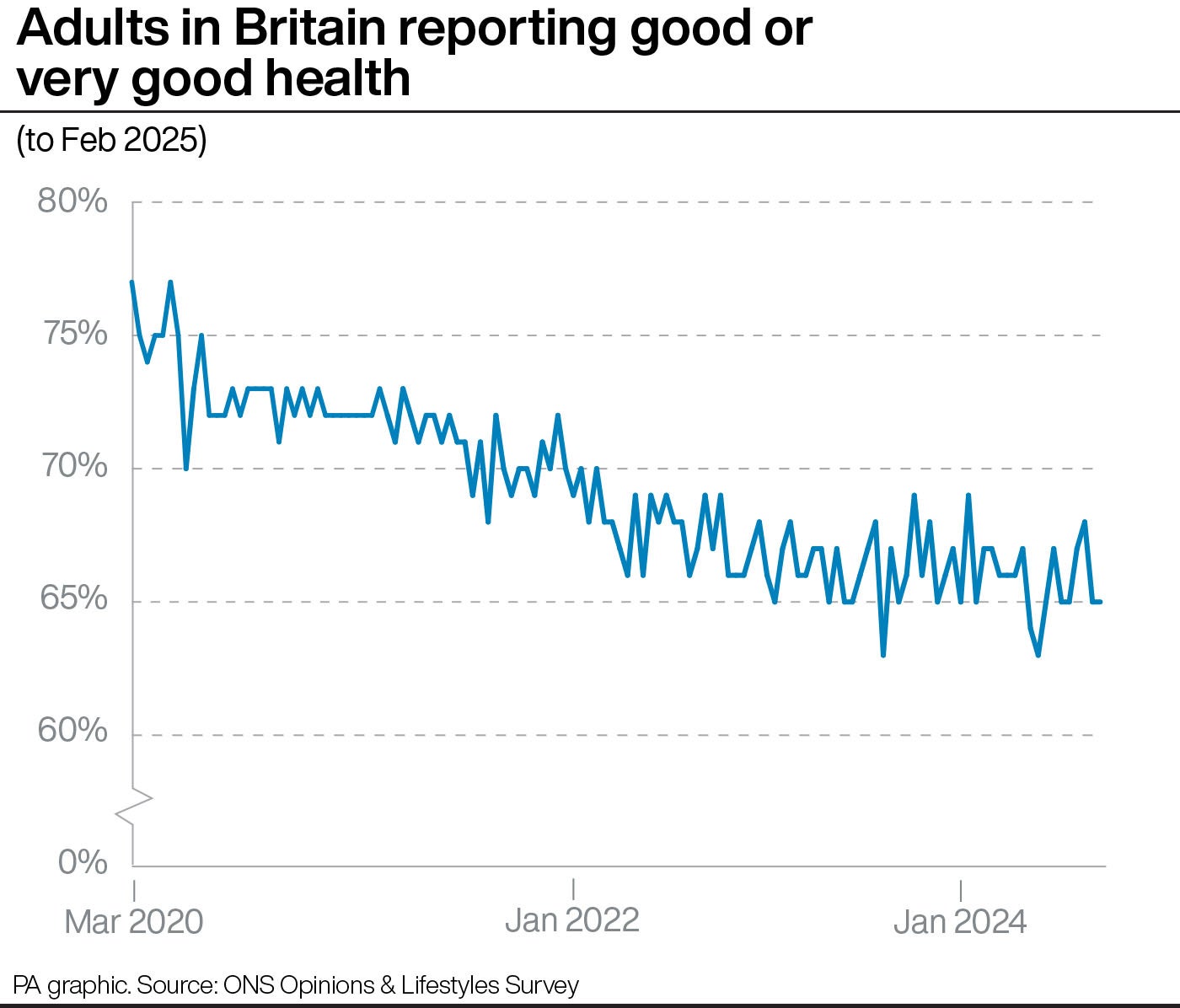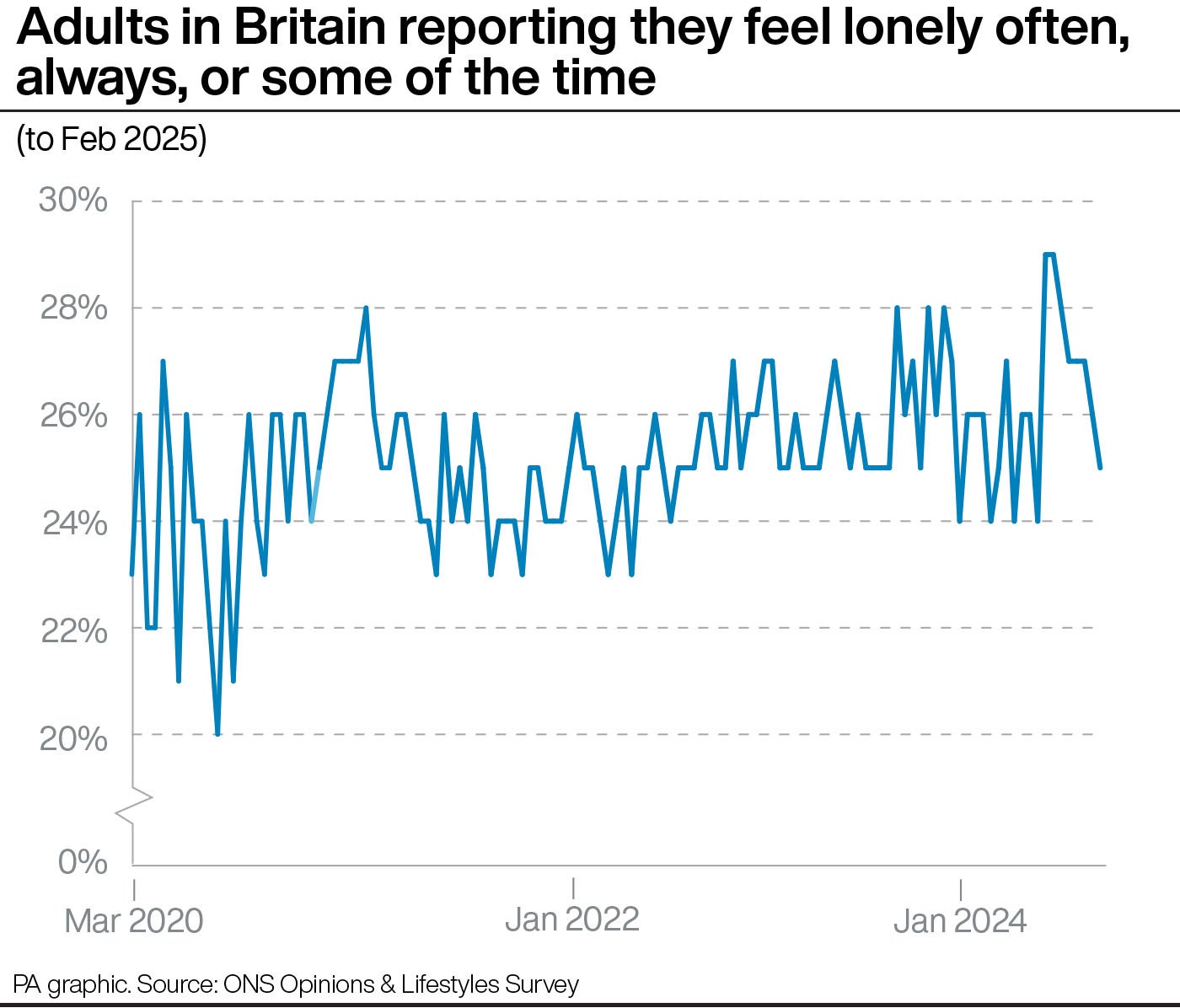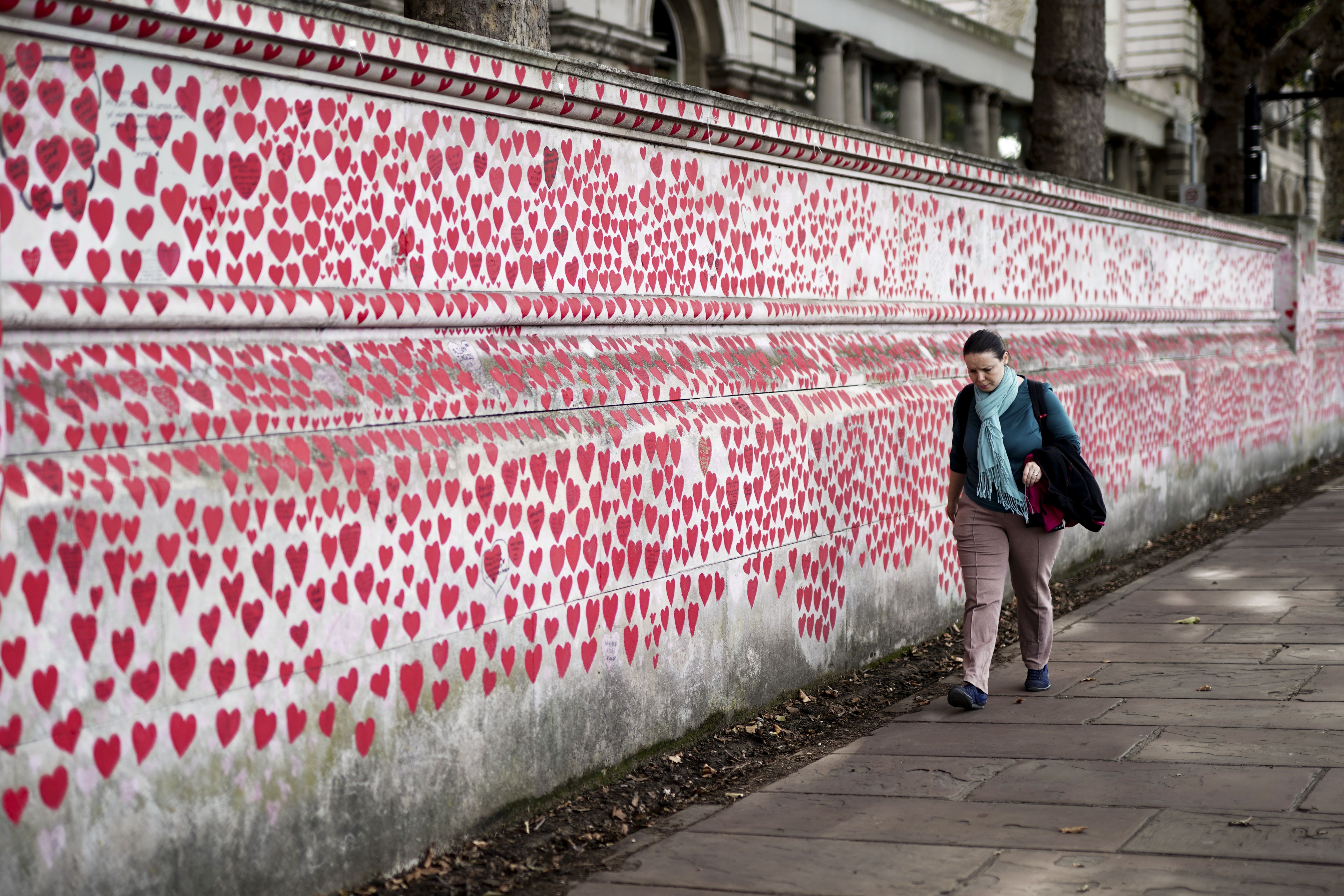
New figures suggest people’s experiences of poor health and loneliness have not improved five years on from the first Covid-19 lockdown.
The proportion of people in Britain reporting good or very good health has declined slowly but steadily since March 2020, while the percentage of those saying they feel lonely often or some of the time has remained broadly unchanged, according to analysis of data from the Office for National Statistics (ONS) Opinions and Lifestyle Survey.
The survey – carried out regularly over the past five years among a sample of individuals aged 16 and over in England, Scotland and Wales – aimed to trace people’s experiences of wellbeing and loneliness in the period since the first lockdown.
Responding to the findings, Royal Society for Public Health chief executive William Roberts said the data “comes as no surprise” as the “lasting” effects of the pandemic continue to leave “many people isolated”.
Sunday is the UK’s annual Covid-19 Day of Reflection, five years after the first coronavirus lockdown was introduced across the country, imposing widespread restrictions on travelling, socialising and leisure activities in the face of a rising number of infections and deaths.

The data shows that:

Mr Roberts said persistent poor health suggests there has been a failure to learn lessons from the pandemic, and a shift in approach to prevention rather than just treatment is required.
“We know that health has been declining in recent years, with healthy life expectancy falling and health inequalities widening,” he said.
“The persistence of loneliness is worrying. Social isolation has negative impacts on both physical and mental health and is likely driving low levels of happiness and life satisfaction.
“Poor health is not inevitable. If we address the things that make people sick, rather than just treating the symptoms, we can achieve a healthier future for everyone.
“We cannot treat our way out of the health crisis. We need to think beyond the NHS and embed health into every area of our society.”

Jacob Lant, chief executive of National Voices – a coalition of health and social care charities – said the analysis highlights “worrying trends”.
He added: “The health inequalities that surfaced during the Covid-19 pandemic are still present, and still very stark.”
In more positive findings, the survey data shows the proportion of people experiencing low levels of happiness has declined, from more than one in five (21 per cent) at the beginning of the pandemic and close to a fifth (18 per cent) in the second lockdown, to around one in eight (12 per cent) by the beginning of this year.
The data also highlights the change in working practices since 2020, with just over a quarter of people (26 per cent) now in a hybrid situation where they work from home for part of the week.
In May 2020, one in three people said they had worked entirely from home in the previous week, but this has settled at close to one in seven over the past year.







